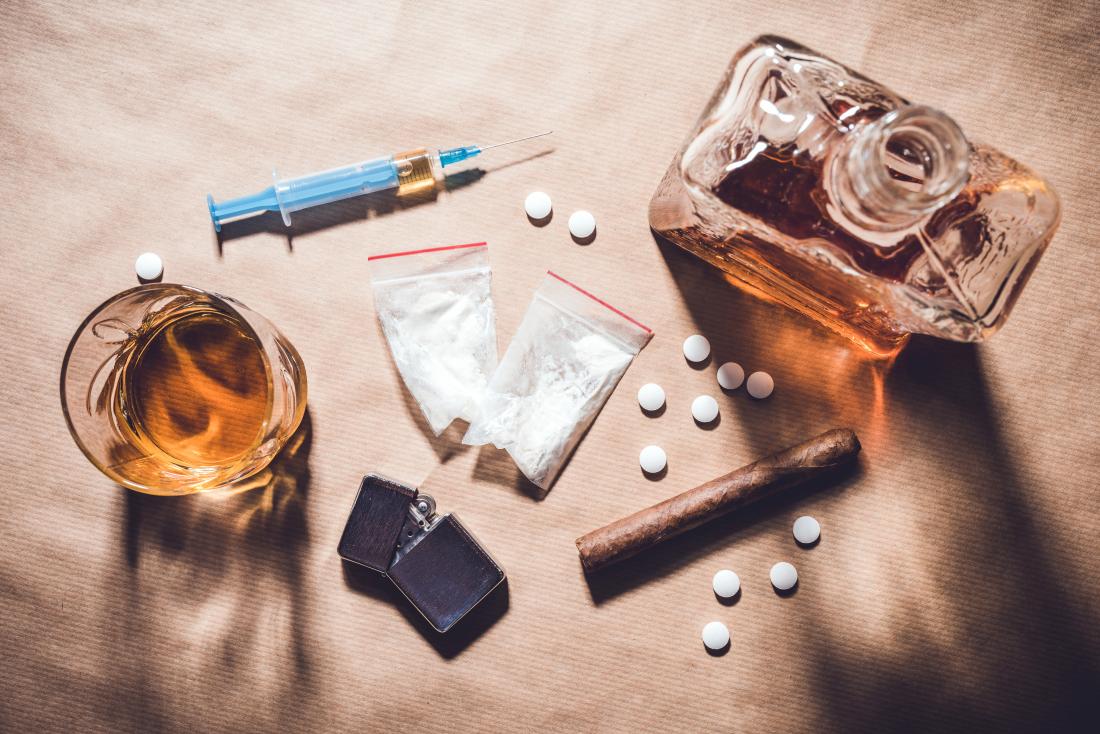Illegal drugs can be “harmless” and should no longer be “demonised”, a wide-ranging two-year study concluded today.
The report said Britain’s drug laws were “not fit for purpose” and should be torn up in favour of a system which recognised that drinking and smoking could cause more harm.
The RSA Commission on Illegal Drugs ,set up in January 2005, also called for the main focus of drugs education to be shifted from secondary to primary schools and recommended the introduction of so-called “shooting galleries” – rooms where users can inject drugs.
The report, compiled by a panel of academics, politicians, drugs workers, journalists and a senior police officer, also called for the Home Office to be stripped of its lead role in drugs policy.
It recommended the Misuse of Drugs Act be scrapped in favour of a wider-ranging Misuse of Substances Act, and the current ABC classification system be abandoned in favour of an “index of harms”.
Current laws, the panel claimed, were been “driven by moral panic” with large amounts of money wasted on “futile” efforts to stop supply rather than going after the criminal networks behind the drugs on British streets.
At the heart of the report was a call for an end to what the panel called the “criminal justice bias” of current policy in favour of an approach that would treat addiction as a health and social problem rather than simply a cause of crime.
The report, which aimed to influence a government review of drug strategy next year, also called for jail sentences to be given for only the most serious drugs-related crimes and for addicts to be given jobs and housing as part of treatment.
It also recommended wider access to treatment such as prescription heroin.
Former Conservative leader Iain Duncan Smith, who is chair of the Conservative Social Justice Policy Group, described the report as “worryingly complacent” and accused the members of the commission of failing to do their homework.
“I find it most disappointing that the RSA report appears to endorse the failed harm reduction strategy of recent years and to ignore extensive evidence that residential rehab can lead to full recovery from drug addiction.
He said the RSA had not surveyed the views of drug addicts or looked at treatment programmes in such countries as Sweden and Holland, “where levels of drug abuse are much lower than the UK”.
But commission chairman Prof Anthony King of Essex University and: “Current policy is broke and needs to be fixed.”
The report, which is likely to spark fierce controversy, said: “The use of illegal drugs is by no means always harmful any more than alcohol use is always harmful. It called for the concept of drugs to be extended to take in alcohol and tobacco.
“The evidence suggests that a majority of people who use drugs are able to use them without harming themselves or others. They are able, in that sense, to ‘manage’ their drug use … The harmless use of illegal drugs is thus possible, indeed common,” it said.
Describing the drugs trade as a business, the report said illegal drugs had been “demonised” by politicians and the media.
It said a lot of money was wasted trying to achieve the “impossible” goals of completely stopping the importation of illegal drugs, as well as the production, distribution and sale of illegal drugs within the UK.
Describing the Misuse of Drugs Act as unwieldy and inflexible, the report says: “It sends people to prison who should not be there.
“It forces people into treatment who do not need it (while, in effect, denying treatment to people who do need it).”
While the report does not call for decriminalisation, it questions the idea of total prohibition.
“Drugs policy should, like our policy on alcohol and tobacco, seek to regulate use and prevent harm rather than to prohibit use altogether,” the report concludes. The RSA is the Royal Society for the encouragement of Arts, Manufactures and Commerce.
